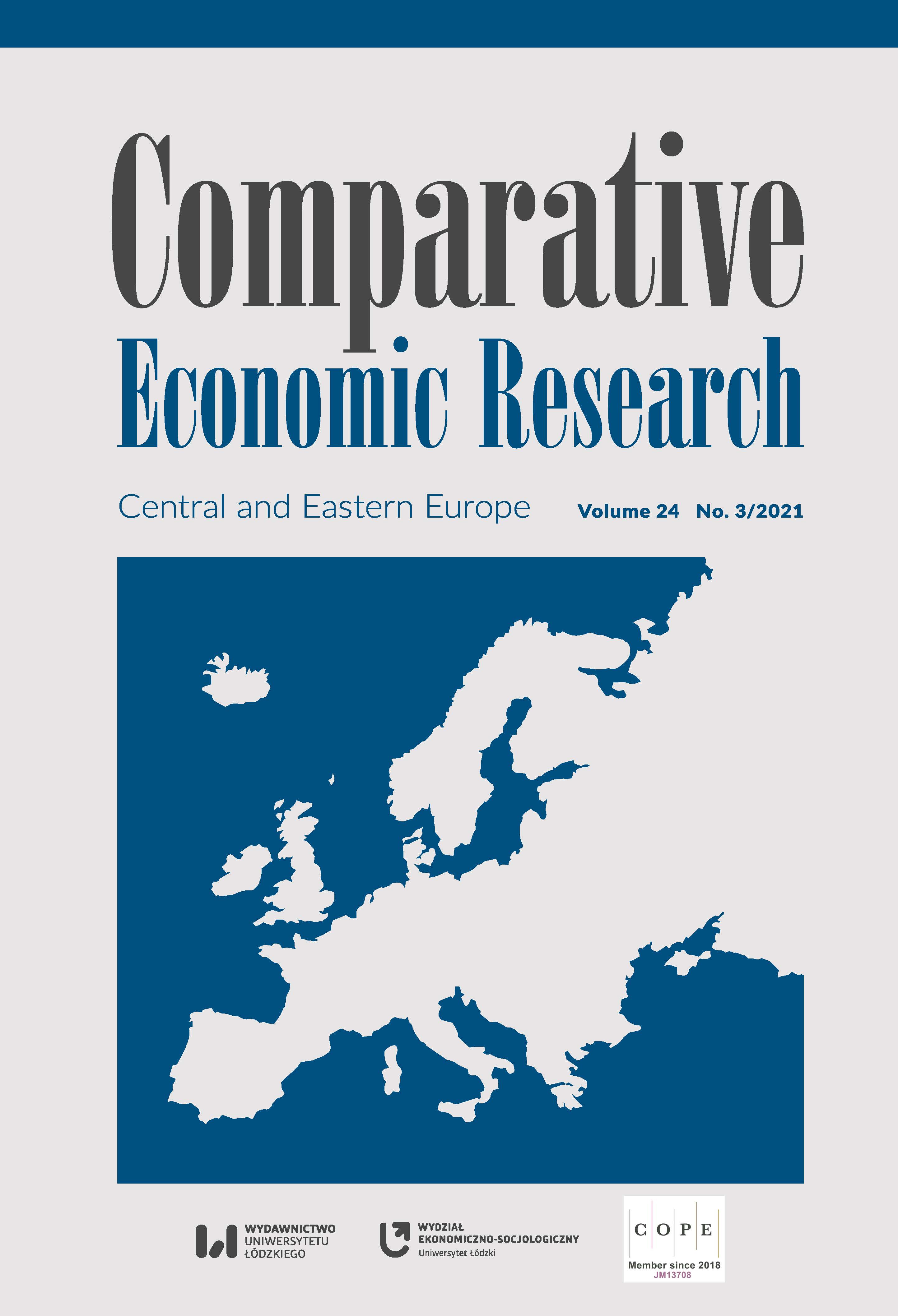Artificial Intelligence in the Context of Global Resource Mobility. What Can Be Expected from It?
Artificial Intelligence in the Context of Global Resource Mobility. What Can Be Expected from It?
Author(s): Ryszard Piasecki, Miron Wolnicki, Erico Wulf BetancourtSubject(s): Economy, Globalization
Published by: Wydawnictwo Uniwersytetu Łódzkiego
Keywords: artificial intelligence; globalization; employment
Summary/Abstract: The impact of artificial intelligence (AI) on business, government, and society is getting more attention. The leading AI sectors have higher productivity but a lower share of GDP than those lagging in digitization and AI. There is a technological gap, with still unknown consequences concerning the social contract, the expected new digital welfare profile, as well as the business strategy about globalization. The hypothesis is that while digitization was already in motion (2000–2005), capital outflow from the US to MHGEs (market high-growth economies) in Asia negatively affected its productivity outcome. Additionally, it is expected that AI will give more market power to multinationals, reshaping the social contract. Thus, the current western social contract will no longer be able to cope with the consequences of the weakness of the nation-state, its policymakers, or the powerful profit-driven multinationals to deal with the overall effect of AI. We aim to look at the impact of this new state of technology on the social contract, focusing on the proper actions of government and business to deal with it. We used a descriptive approach based on desk research concerning productivity data, European government policies, trade model analysis, and business approach to AI. We expect to demonstrate the dynamic interaction of the K/L ratio within the prevailing status of global resources mobility, and the dangers unregulated AI represents to labor. Policy actions are needed concerning the legal status of AI and how to avert the collapse of the social contract and the rise of oligarchic cyber‑autocracies. Our general conclusion is as follows: While capital investments, which would have contributed to improved total factor productivity (TFP) in the USA, went to MHGEs, increasing their GDP growth in less than a decade, the broad use of Artificial Intelligence (AI) will reverse massive offshoring, and new types of manufacturing processes will emerge in developed countries.
Journal: Comparative Economic Research. Central and Eastern Europe
- Issue Year: 24/2021
- Issue No: 3
- Page Range: 93-107
- Page Count: 15
- Language: English

